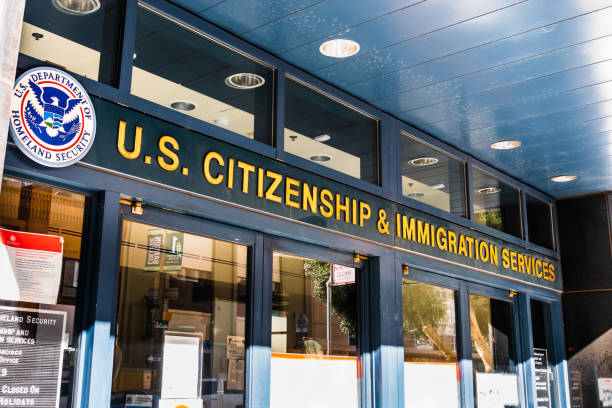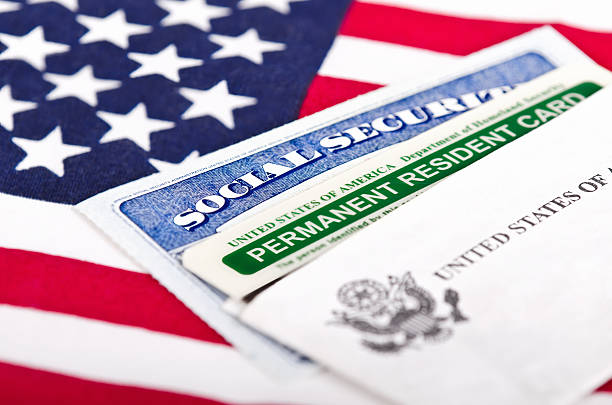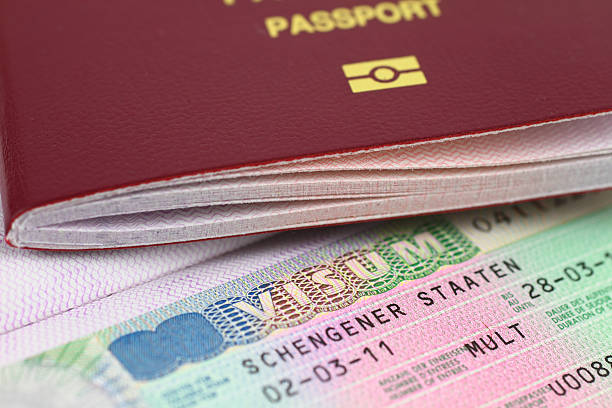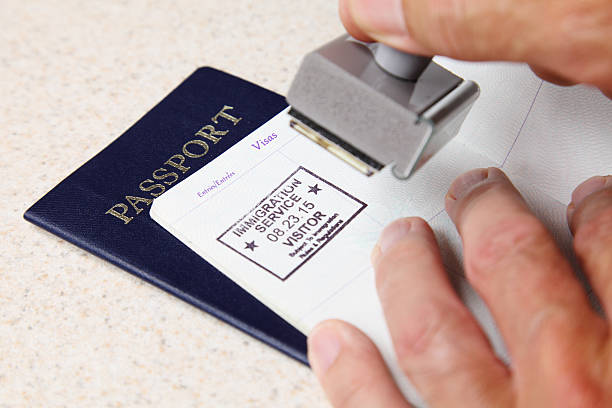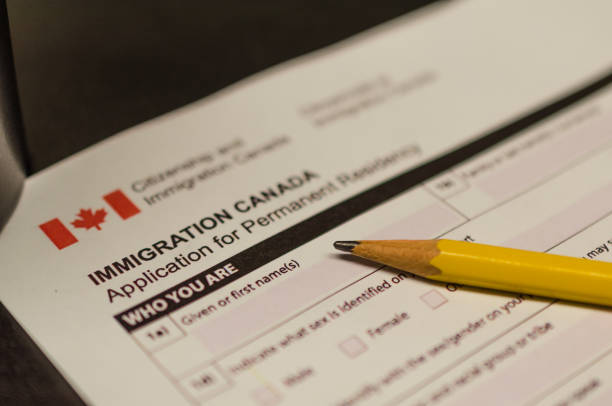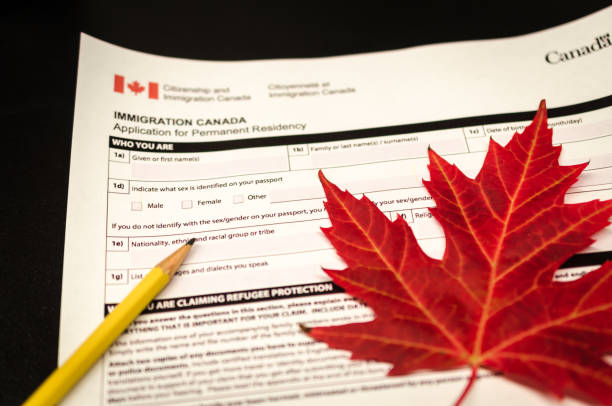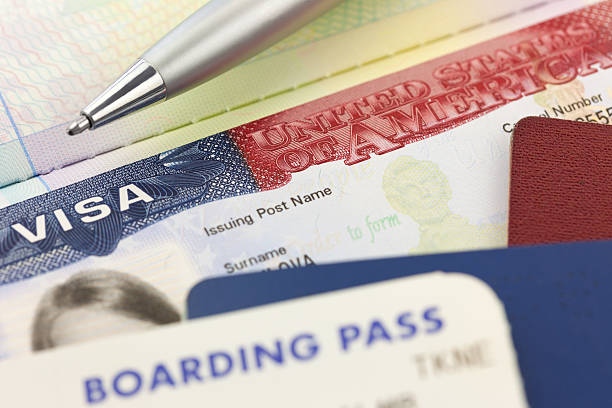
The Role of Language Proficiency in the Immigration Process
The Role of Language Proficiency in the Immigration Process
Language proficiency is a crucial factor in the immigration process for many countries. It can significantly impact your ability to secure a visa, find employment, and integrate into your new community. This guide explores the role of language proficiency in immigration, the requirements for various types of visas, and strategies to improve your language skills for a successful immigration journey.
1. Language Requirements for Immigration
Many countries have specific language requirements for immigration. These requirements vary depending on the type of visa you are applying for and the country’s immigration policies.
1.1. Skilled Worker Visas
For skilled worker visas, such as the H-1B in the United States or the Skilled Worker visa in the UK, proficiency in the official language of the host country is often required. Demonstrating strong language skills can be essential for securing a job and meeting visa requirements.
For instance, applicants for the UK Skilled Worker visa must show that they can communicate effectively in English. Language tests such as IELTS or TOEFL may be required to prove proficiency.
1.2. Student Visas
Student visas usually require proof of language proficiency to ensure that you can successfully complete your studies. Most educational institutions require standardized language tests like IELTS or TOEFL for admission and visa purposes.
For more details, visit the IELTS official website.
1.3. Permanent Residency and Citizenship
Language proficiency is often a key factor in applying for permanent residency or citizenship. Many countries require applicants to demonstrate a certain level of language ability to ensure they can integrate and contribute to society.
For example, the Australian Citizenship process includes a language proficiency requirement to ensure new citizens can fully participate in Australian life.
2. Benefits of Language Proficiency in Immigration
Proficiency in the official language of your destination country offers numerous benefits throughout the immigration process and beyond.
2.1. Enhanced Job Opportunities
Strong language skills improve your employability and career prospects. Many jobs require effective communication in the local language, and being fluent can give you a competitive edge in the job market.
2.2. Better Integration and Social Life
Language proficiency facilitates better integration into your new community. It allows you to engage more fully in social, cultural, and professional activities, fostering relationships and creating a more satisfying living experience.
2.3. Improved Academic Success
For students, language proficiency is critical for academic success. It helps you understand course materials, participate in classroom discussions, and complete assignments effectively.
3. Language Testing and Proof of Proficiency
To meet language requirements, you may need to take standardized language tests. These tests assess your ability to read, write, speak, and understand the language.
3.1. IELTS and TOEFL
The International English Language Testing System (IELTS) and Test of English as a Foreign Language (TOEFL) are widely recognized tests used to evaluate English proficiency. Many countries and institutions accept these tests as proof of language skills.
For more information on these tests, visit IELTS and TOEFL.
3.2. Language Assessments by Immigration Authorities
Some immigration authorities have their own language assessments. For example, Canada’s Express Entry system includes language testing as part of the Comprehensive Ranking System (CRS).
For details, check the Canadian Immigration website.
4. Strategies to Improve Language Skills
Improving your language skills can enhance your chances of meeting immigration requirements and succeeding in your new country.
4.1. Enroll in Language Courses
Taking formal language courses can significantly improve your proficiency. Look for courses offered by local language schools, community colleges, or online platforms.
Explore options on Coursera or edX for online language courses.
4.2. Practice with Native Speakers
Engage in conversations with native speakers to practice and enhance your language skills. Language exchange programs, conversation clubs, and social meetups can provide valuable practice.
4.3. Use Language Learning Apps
Language learning apps can be a convenient way to practice and improve your language skills. Apps like Duolingo and Babbel offer interactive language lessons.
5. Seek Professional Help if Needed
If you need additional support, consider consulting with language tutors or immigration consultants. They can provide personalized guidance and help you meet language proficiency requirements effectively.
For professional assistance, explore resources on The Language House or Immigration Consultant Association.
Conclusion
Language proficiency plays a crucial role in the immigration process, impacting your ability to secure a visa, find employment, and integrate into a new country. Understanding the language requirements, benefits, and strategies for improvement can help you navigate the immigration process successfully. By investing in language skills and utilizing available resources, you can enhance your chances of achieving your immigration goals and thriving in your new home.








